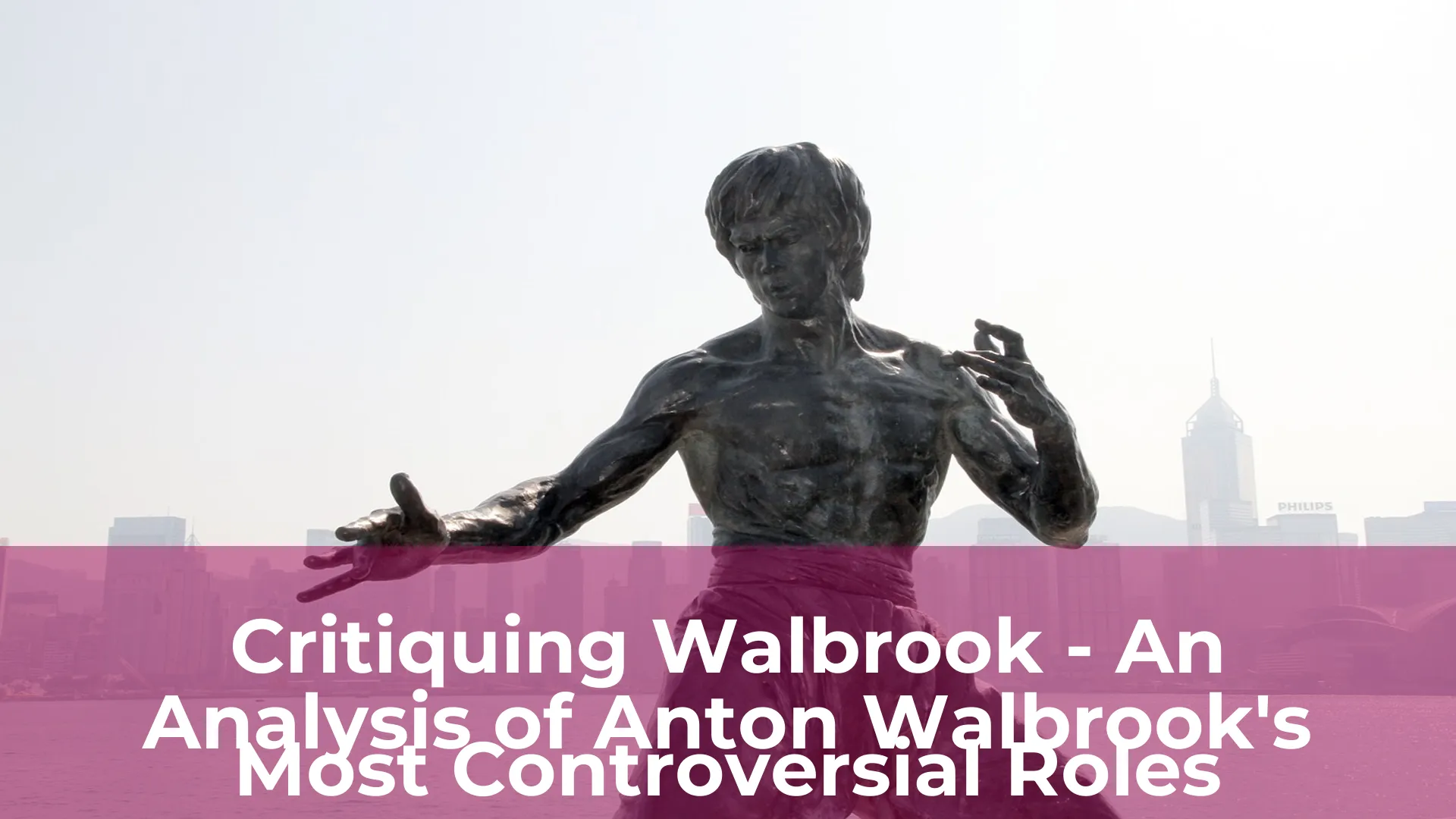Anton Walbrook was one of the most brilliant actors of his time, known for his impeccable acting skills and distinct European charm. However, some of his most controversial roles have been subjected to intense scrutiny and criticism over the years. In this article, we will take a closer look at some of Walbrook’s most challenging and controversial performances, analyzing the underlying themes, narratives, and characterizations that made them so contentious.
The Life and Career of Anton Walbrook
Anton Walbrook was a talented actor born in Austria in 1896. He started his career in the 1920s in Germany, where he appeared in films and theater plays. In the 1930s, he moved to Britain and started working in the British film industry. He quickly became a prominent figure in British cinema, known for his charismatic performances and his ability to portray complex characters.
Walbrook’s career spanned over three decades, during which he appeared in over 50 films. He worked with some of the most prominent directors of his time, including Michael Powell, Emeric Pressburger, and Max Ophüls. Walbrook’s versatility as an actor allowed him to play a wide range of roles, from romantic leads to tragic characters. He was known for his elegant and refined style, which made him a favorite among audiences and critics alike.
Despite his success, Walbrook’s life was not without challenges. He was openly gay at a time when homosexuality was still illegal in Britain, and he faced discrimination and persecution because of his sexuality. However, he remained a true professional, and his talent and dedication to his craft never wavered. Anton Walbrook remains one of the most respected and beloved actors of his time, and his legacy continues to inspire and captivate audiences around the world.
The Controversial Films of Anton Walbrook
Anton Walbrook was a memorable actor of the 20th century, best known for his work in British and German cinema. Throughout his career, he starred in many controversial films that challenged societal norms and pushed the boundaries of what was acceptable onscreen.
One of Walbrook’s most famous controversial films is “La Ronde” (1950), directed by Max Ophüls. The film examines the sexual relationships of various characters in Vienna just before World War I. It was considered scandalous at the time of its release due to its frank portrayal of sexuality and its exploration of unconventional relationships. Walbrook’s performance as a master of ceremonies who links the characters together is both charming and unsettling.
Another controversial film starring Walbrook was “Peeping Tom” (1960), directed by Michael Powell. The film tells the story of a young man who becomes a serial killer, using a camera to capture the expressions of his victims as they die. The film was heavily criticized upon its release for its graphic violence and sexual content, and it was banned in several countries. Walbrook’s role as a sympathetic psychologist who tries to understand the killer’s motives adds a layer of complexity to the film’s disturbing subject matter.

